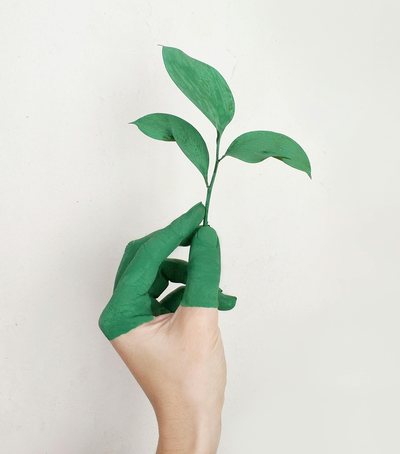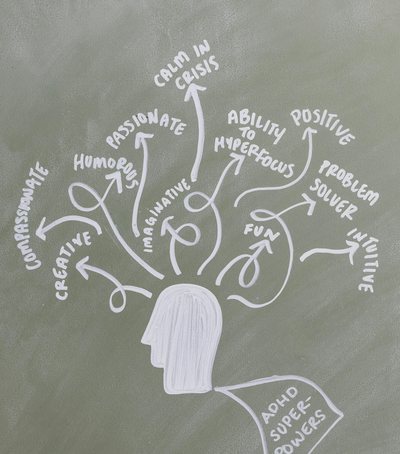
While "jealousy" is often used as a synonym for "envy," they are actually different emotions. Envy is about wanting to have what someone else has. Jealousy, meanwhile, is about the fear of losing what you have (for example, someone's love or attention).
Both cases, even unconsciously, became part of our daily life, in the different relationships we have.
No doubt you have once felt envious of your friend who may have traveled more while you had to be at work. Or with the partner, envy may arise for the achievements of one or the other.
The problem begins when this emotion turns into a toxic factor in the relationship, endangering it.
So what to do when these toxic emotions threaten to destroy your romantic relationship, friendship or family relationship? Here are some strategies on how you can deal with the problems you have with envy or jealousy.
Restrain yourself from actions due to your jealousy or envy
Many of us have a habit of acting on how we feel. We smile when we feel happy, not when we are sad, irritated or angry. Of course, we sometimes mask how we feel. Even if you broke up with your girlfriend the night before an important job interview, it's unlikely that you'll walk into the job interview crying. Chances are you'll show up there with a big smile on your face.
Strong periods of jealousy and envy only threaten to do damage to your relationship, especially when you act on these feelings. So it is recommended to feel but not act on them. If necessary, consider explaining your feelings to your romantic partner, friend, or family member. Maybe they can help. But don't try to have this conversation when these destructive feelings are consuming you from the inside. Wait until you feel calmer.
Re-find your lost self-confidence
Jealousy often goes hand in hand with low self-esteem and insecurity issues. If you do not consider yourself worthy of the love or care of your partner, friend or family member, you will constantly seek reassurance from them.
Por sjellja si një person në nevojë mund ta prishë marrëdhënien tuaj, dhe të ndjerit i denjë për dashurinë ose kujdesin e njerëzve të tjerë, vetëm kur ata ju tregojnë se ju duan ose kur kujdesen qartazi për ju, nuk është një mënyrë e shëndetshme për të jetuar. Ndaj duhet të bëni shumë punë me veten për të rifituar vetëvlerësimin dhe vetëbesimin tuaj. Nëse nuk mund ta bëni dot vetë, atëherë kërkoni ndihmë profesionale.
Zbutini tendencat tuaja narciziste
Ndërsa prirja ndaj xhelozisë është e lidhur me një vetëvlerësim të ulët, tendenca për të qenë ziliqar është e lidhur me narcisizmin. Sa më të larta të jenë nivelet tuaja të narcisizmit, aq më të shumë do të ndiheni se meritoni një vëmendje dhe admirim të madh nga ana e njerëzve që keni përreth.
If a narcissist does not receive the attention he believes he deserves, he is very likely to react with anger as a way to hide his envy. A narcissistic injury signals that the narcissist feels deeply uncomfortable when they are not receiving the full attention and admiration of others.
"Psychology Today"





